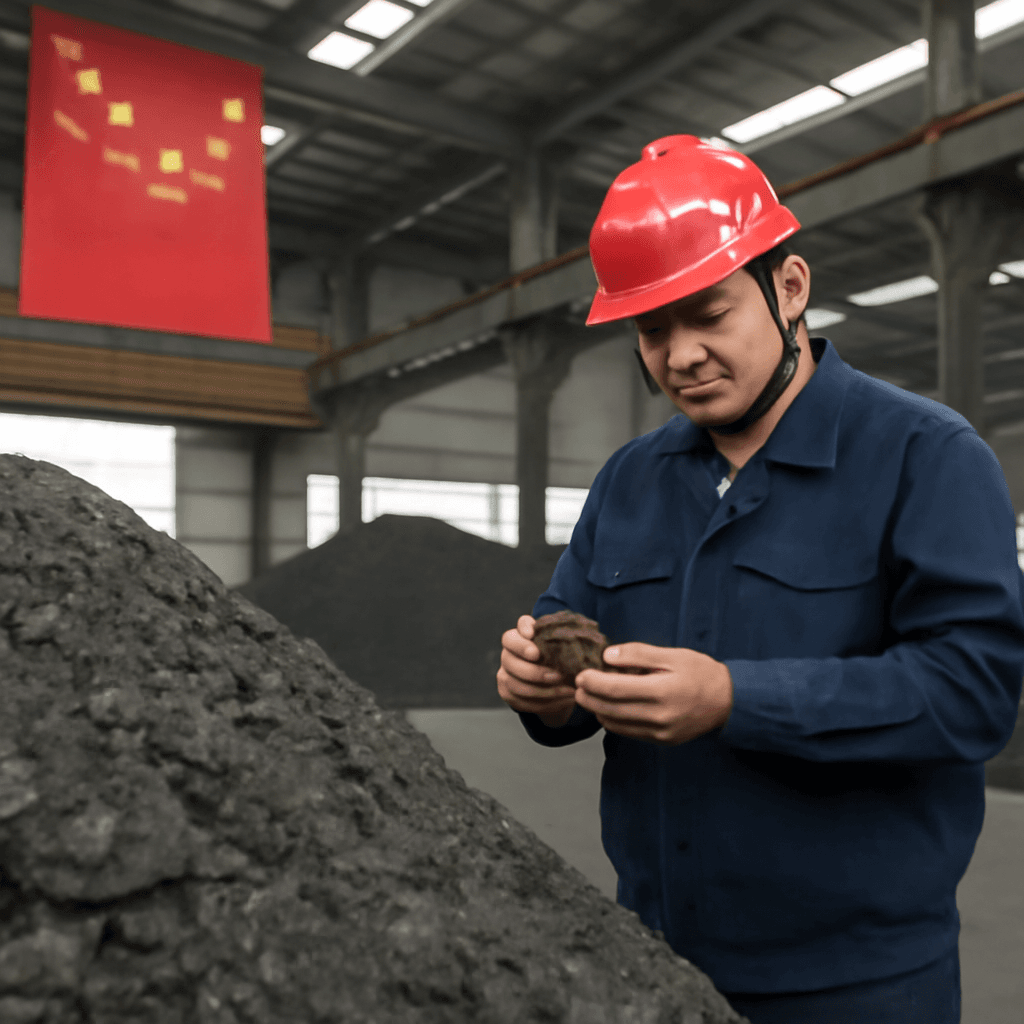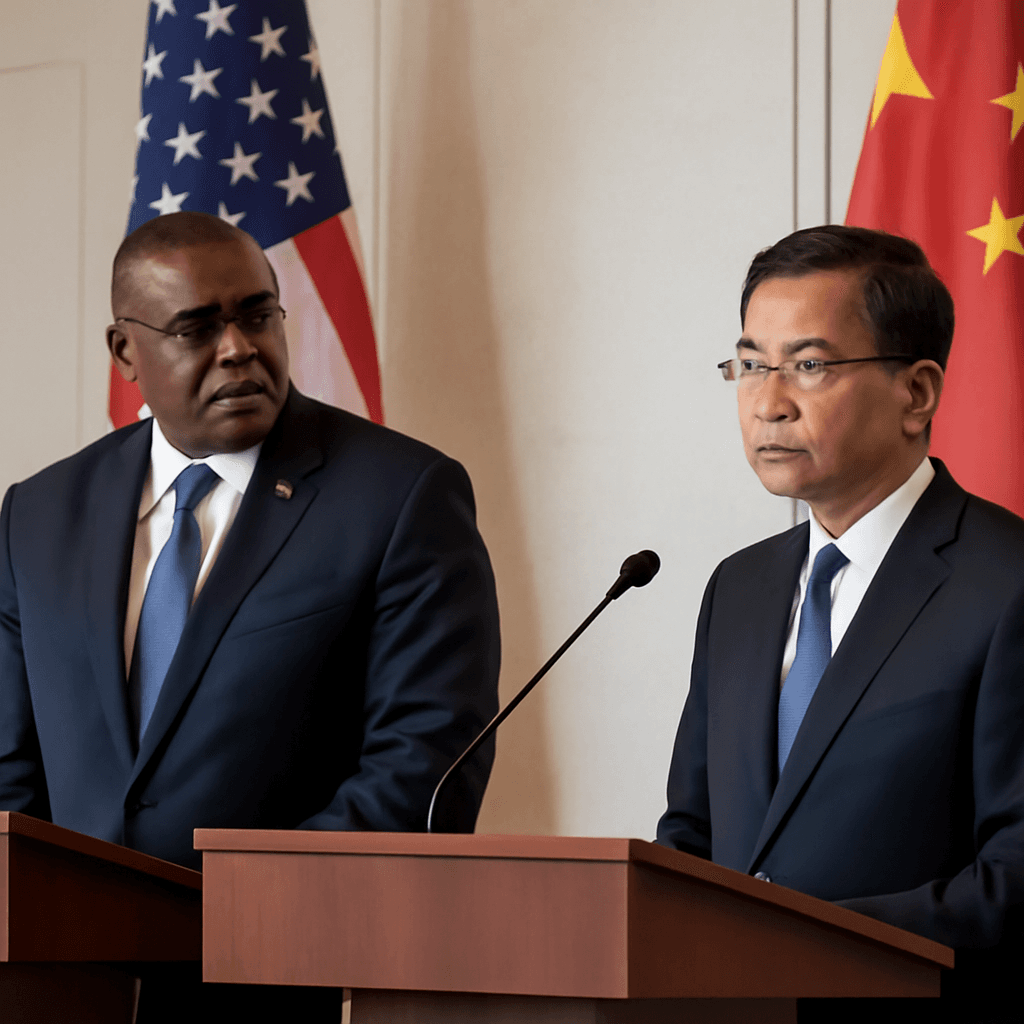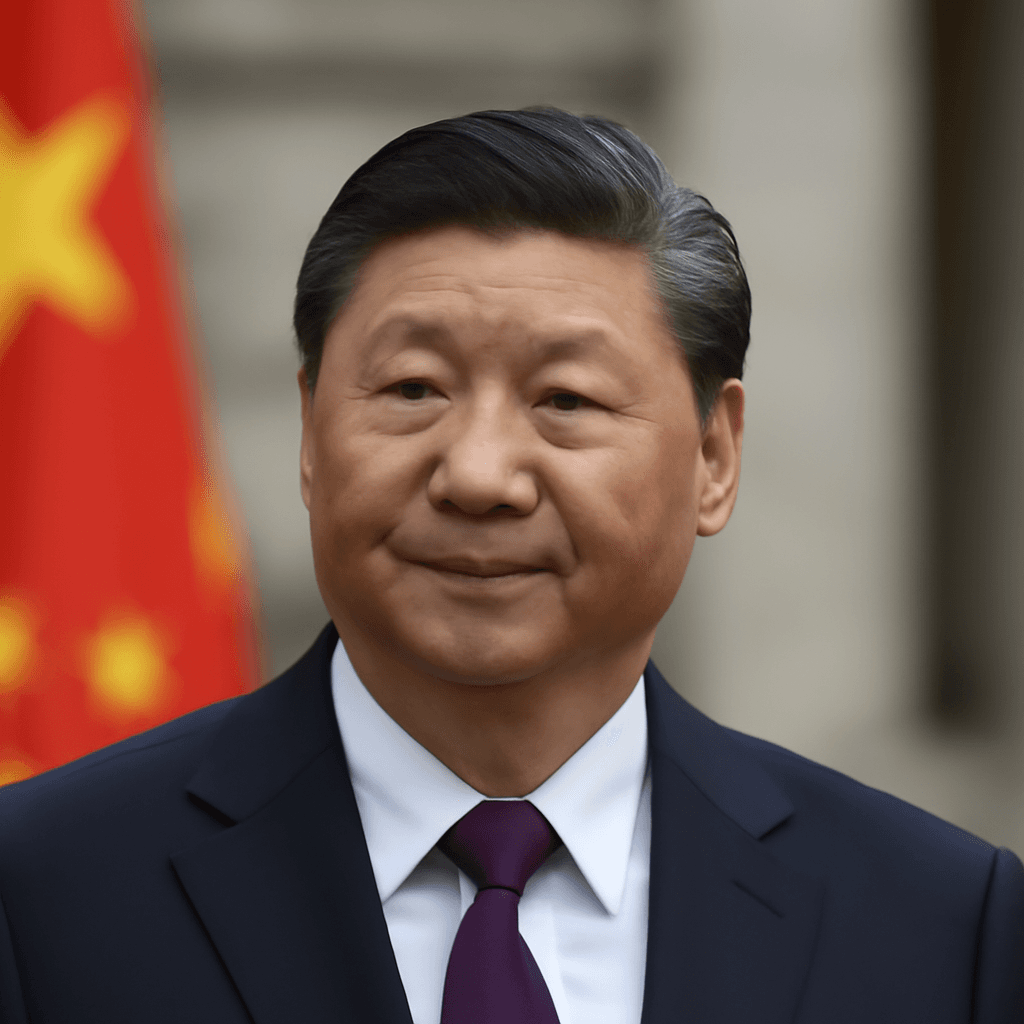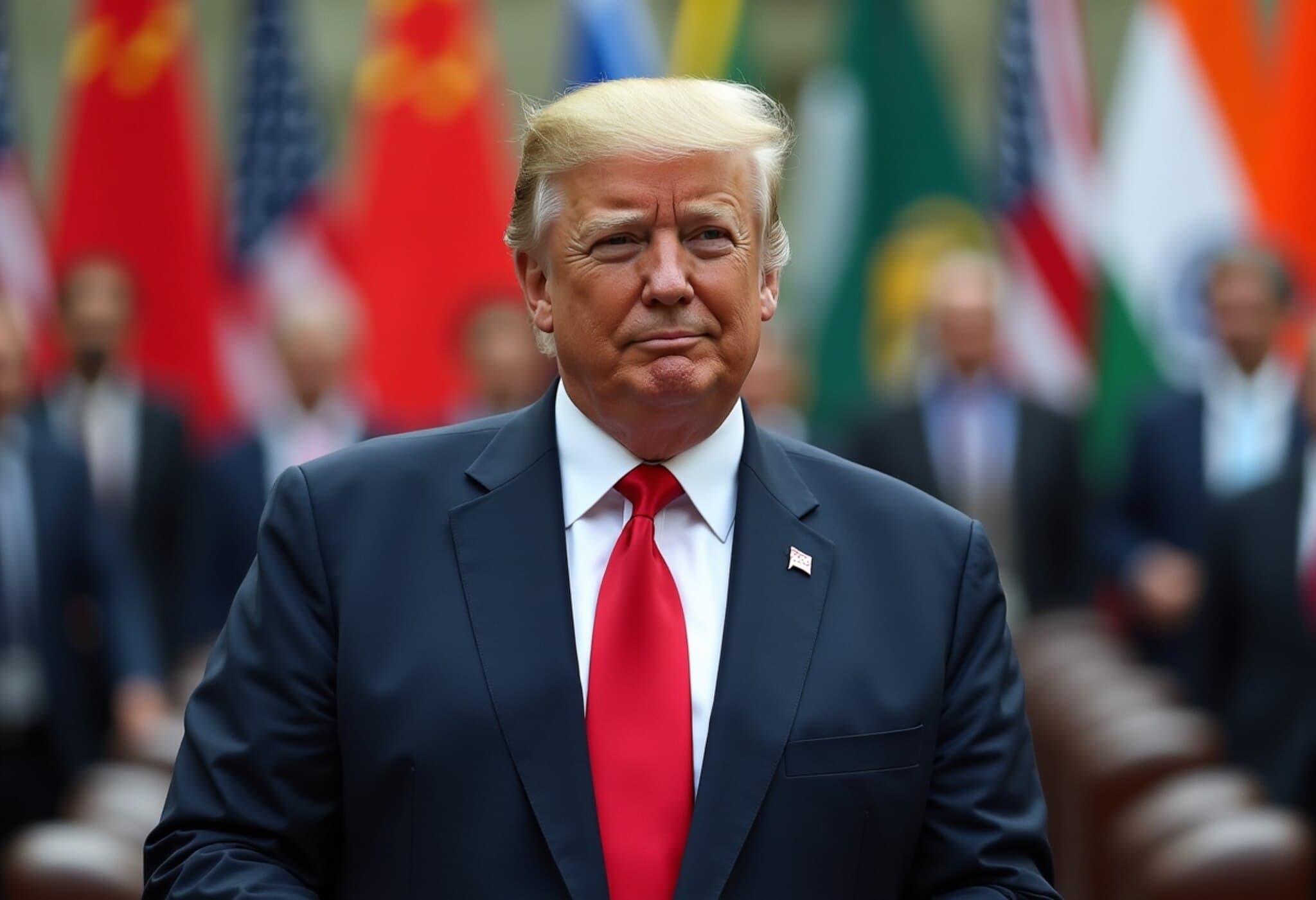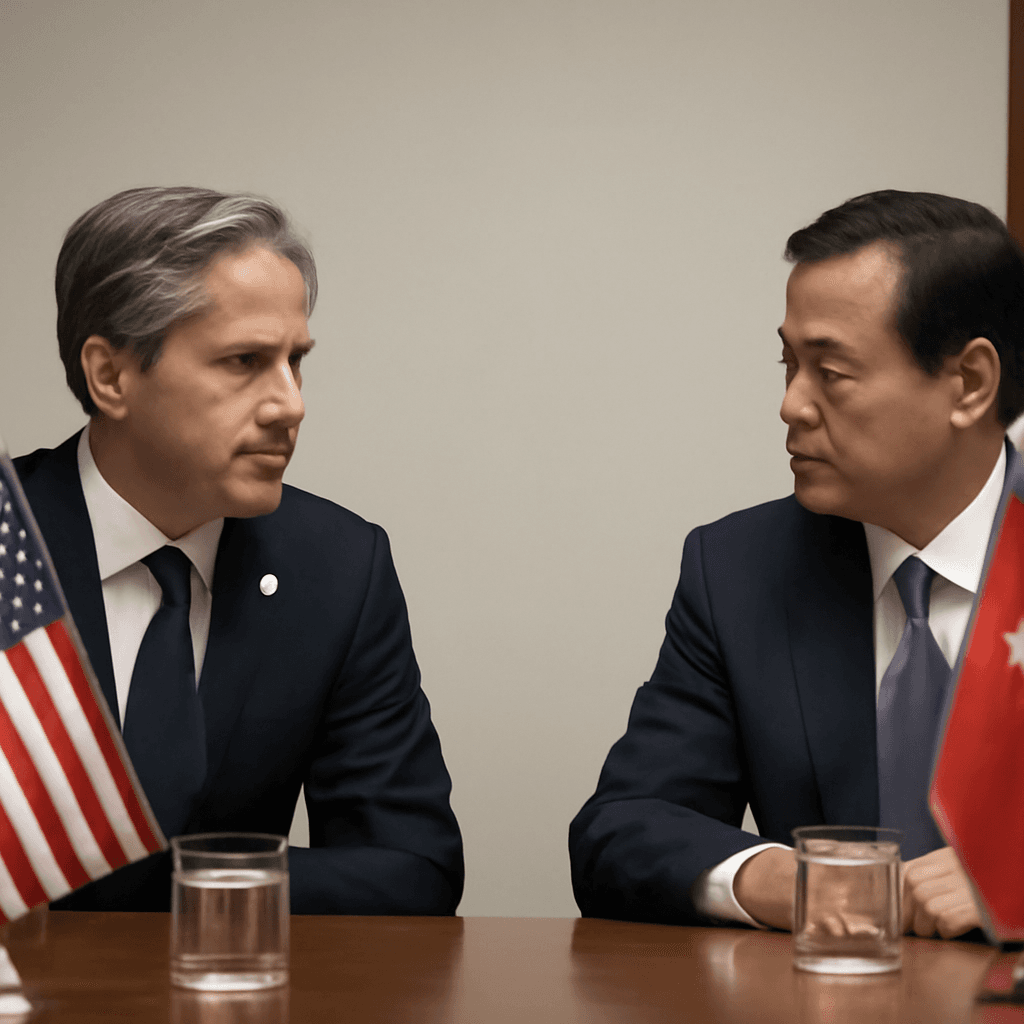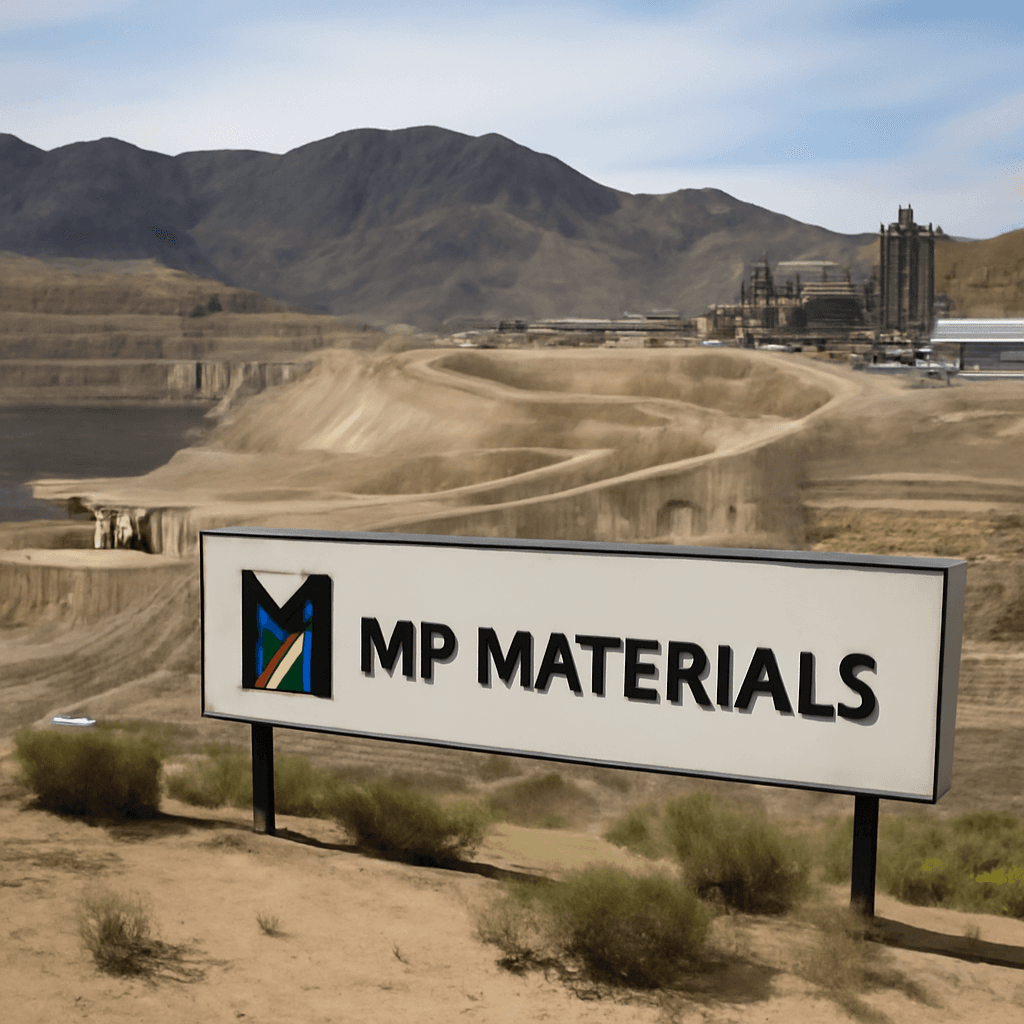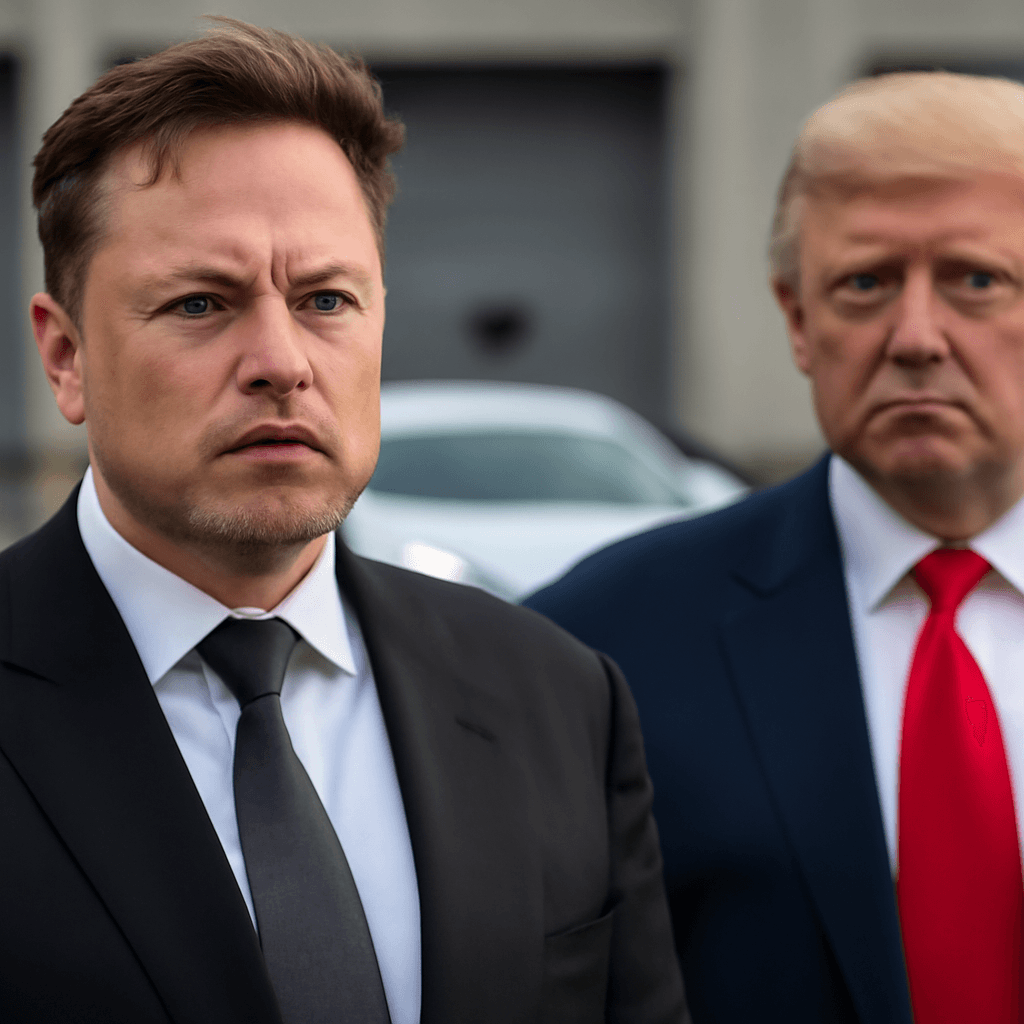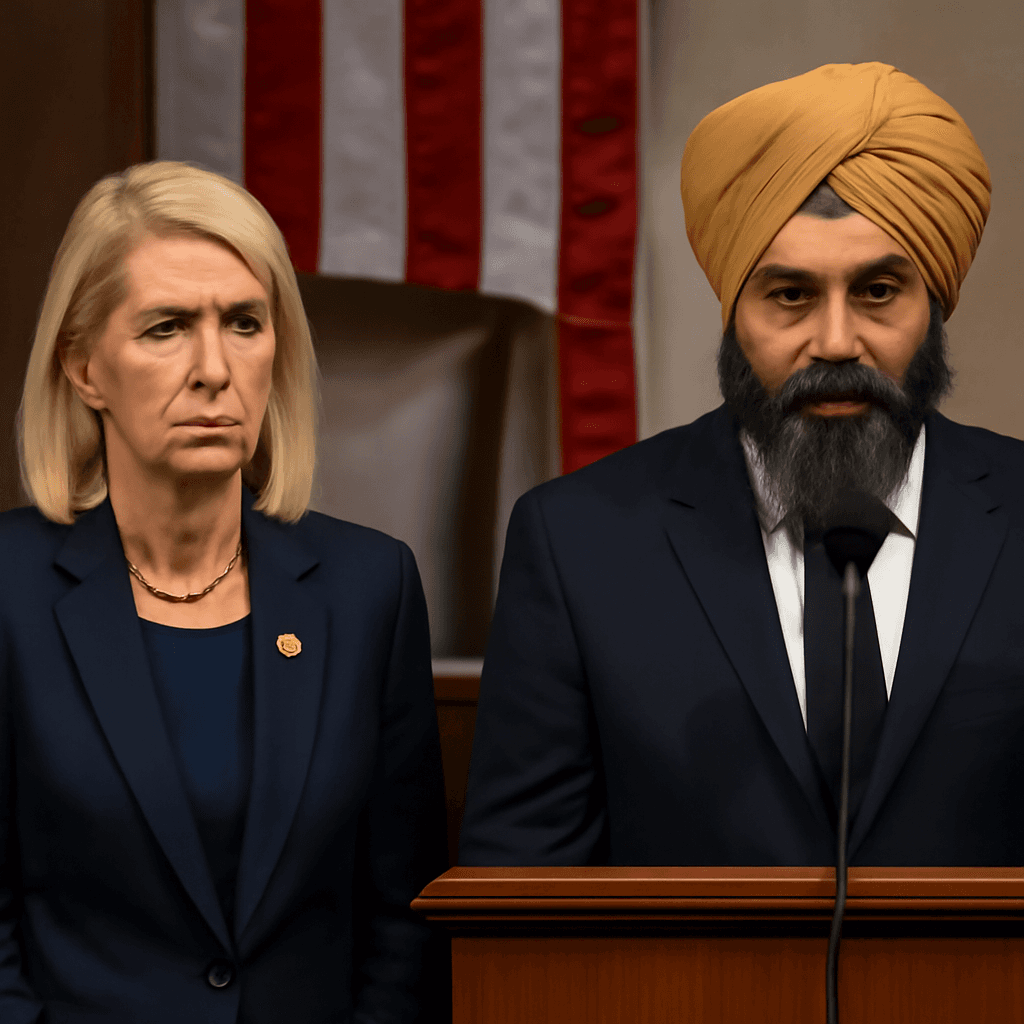China's Strategic Control Over Rare Earth Exports
For over 15 years, China has indicated a strategic intent to use its dominance in key supply chains as leverage in global trade, particularly in response to US export controls aimed at curbing its technological advancement. This strategy is now manifesting through tightened export regulations on rare earth elements, vital resources that power a broad range of advanced technologies.
The heightened global focus on rare earth export licences, including discussions between US and Chinese leaders, underscores Beijing's refined approach to trade leverage amid ongoing tensions.
The New Export Licensing Regime
China’s export licensing framework, closely paralleling the US model, requires exporters to obtain government approval before shipping rare earth materials. This system grants Beijing greater oversight of supply bottlenecks impacting critical industries such as electric vehicle motors and precision weaponry.
While some shipments may receive approvals to mitigate international pressure, the licensing infrastructure remains firmly in place, providing China with a powerful mechanism to exert pressure in trade disputes.
Impact on Global Industries
- Recent export curbs have forced some European manufacturers to halt production due to depleted supplies of rare earth magnets.
- Hundreds of companies, including numerous Japanese firms, now face uncertainty as export licences become mandatory.
- Beijing’s controls enable it to monitor and influence global supply chains at an unprecedented level.
Historical Context and Escalation
The potential to weaponise rare earths first drew global attention in 2010 when China briefly halted exports to Japan amid territorial tensions. This event spotlighted China's supply chain dominance and the geopolitical risks it entails.
The foundation of this strategy dates back to remarks by Deng Xiaoping in 1992, emphasizing China's rare earth wealth as a strategic asset compared to other regions' resources.
Subsequent legislation, such as the 2020 Export Control Law, expanded Beijing’s authority to restrict exports of materials critical to national security.
Expanding Export Controls Amid Trade Frictions
In recent years, China has progressively intensified export restrictions on gallium, germanium, graphite, and now rare earths, often targeting shipments to the US amid retaliations to American sanctions on technologies and chip equipment.
These measures illustrate China’s dual strategy: protecting emerging supply chains while using export controls as political and economic tools.
Challenges of Transparency
The opaque nature of China’s licence approval process complicates efforts to assess the full impact of these controls. Limited public data and companies’ reluctance to disclose approval outcomes contribute to uncertainty among global stakeholders.
Industry experts emphasize that China’s export controls represent more than regulatory oversight; they are instruments of strategic influence in an increasingly contested geopolitical environment.
Conclusion: A Geopolitical Battleground
China’s tightening grip on rare earth exports exemplifies the broader trend of critical supply chains becoming central arenas for geopolitical competition. As countries increasingly rely on these materials for advanced technologies and defense applications, China’s export control policies offer significant leverage in trade negotiations and power dynamics.
This evolving landscape underscores the need for diversified supply chains and careful diplomatic engagement to mitigate risks arising from resource dependencies.

